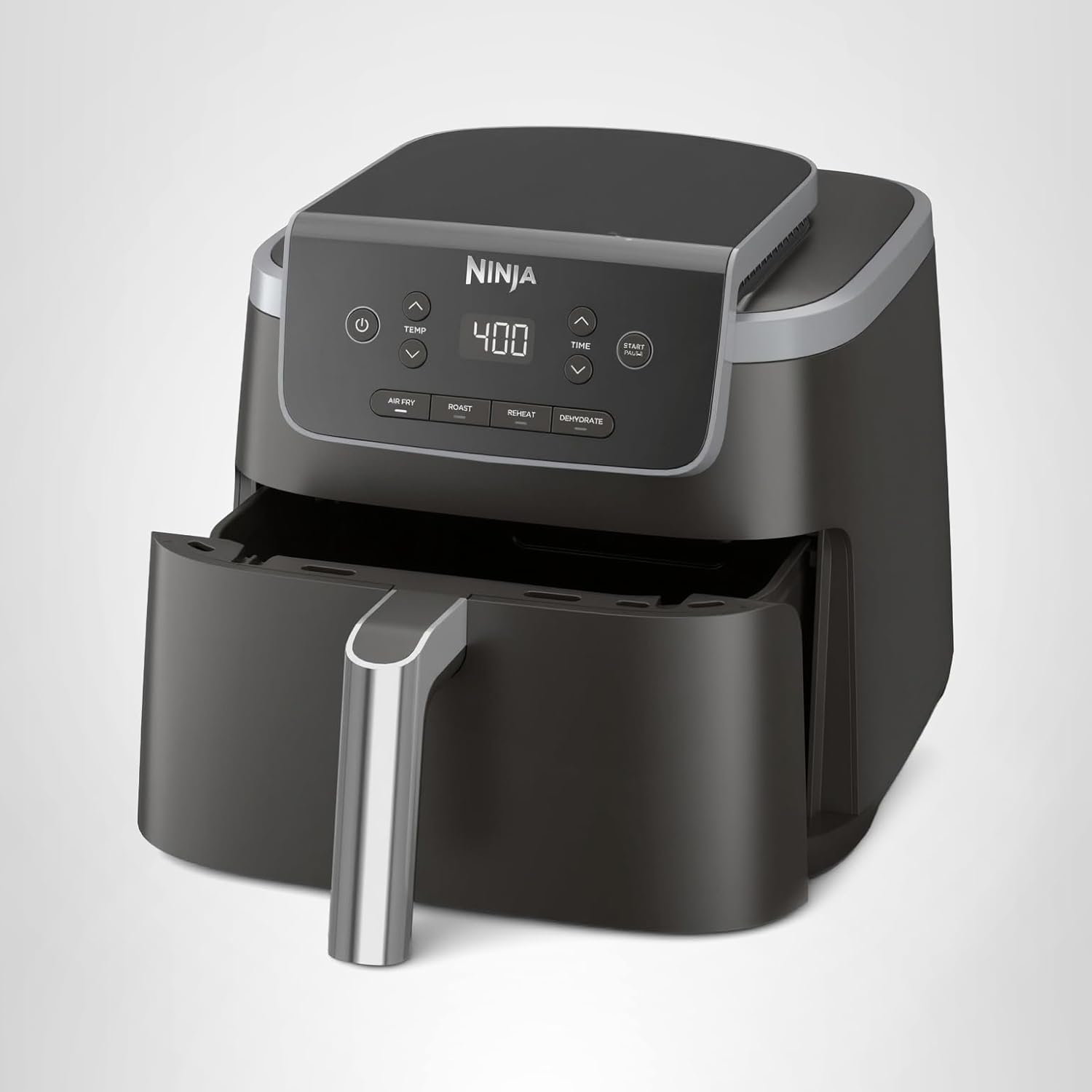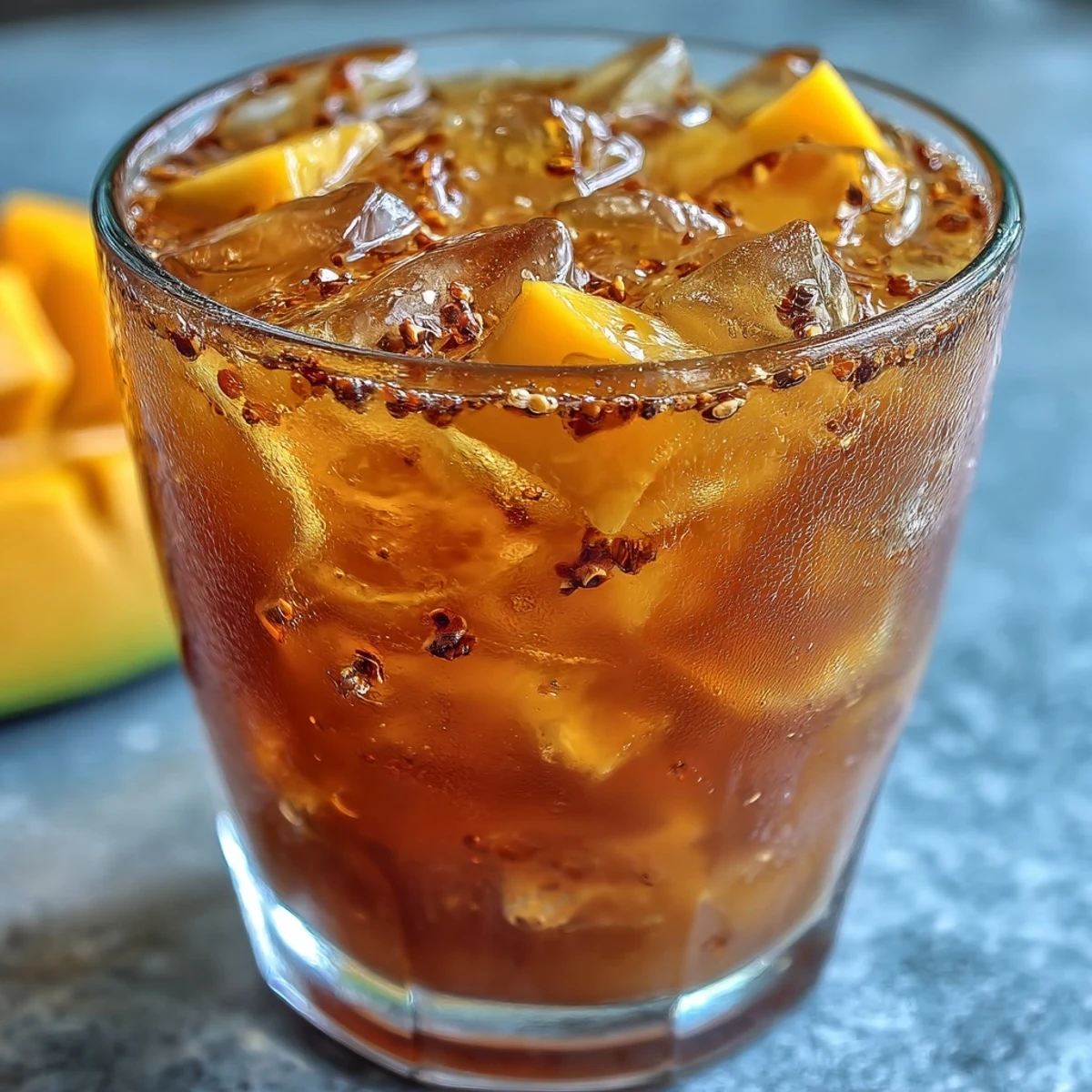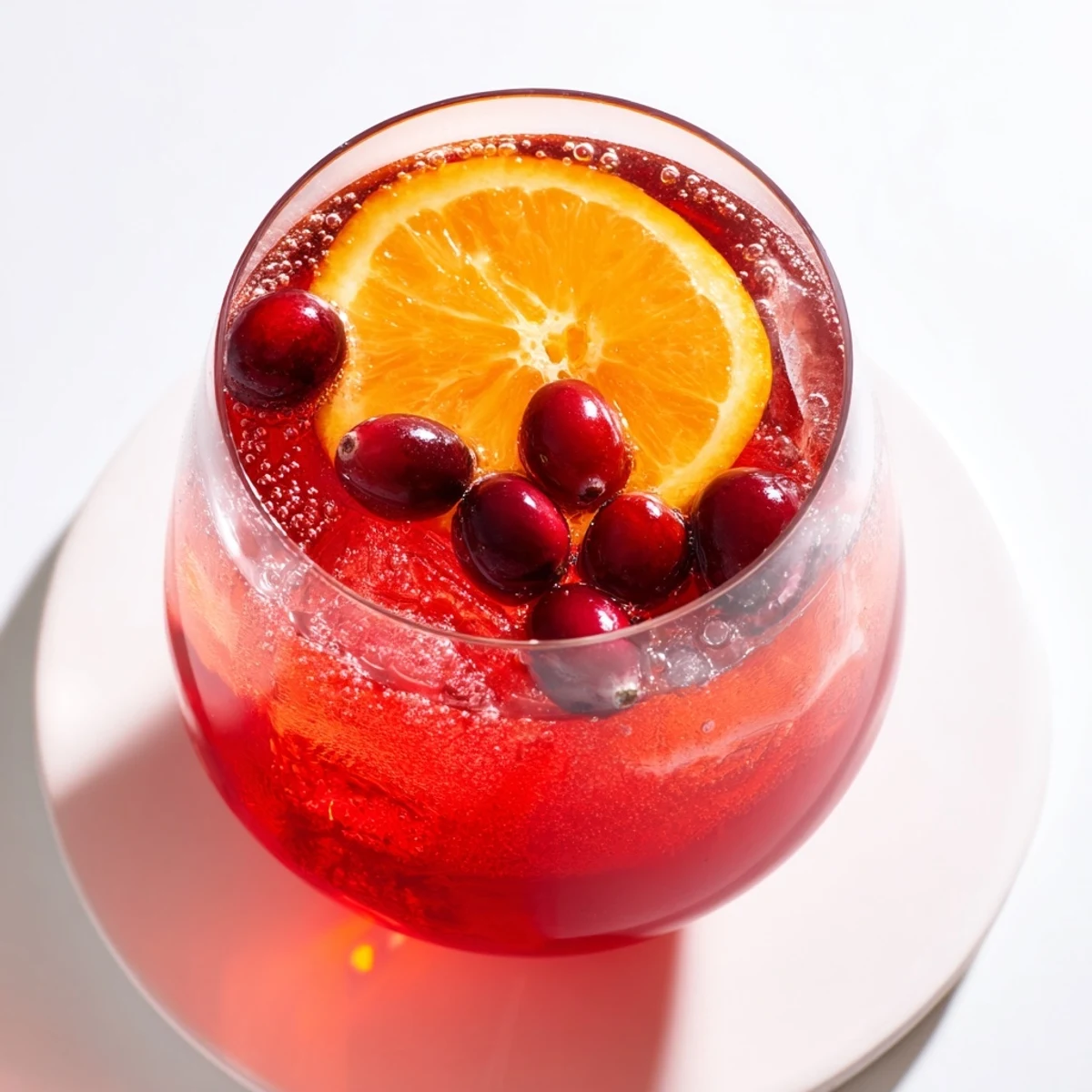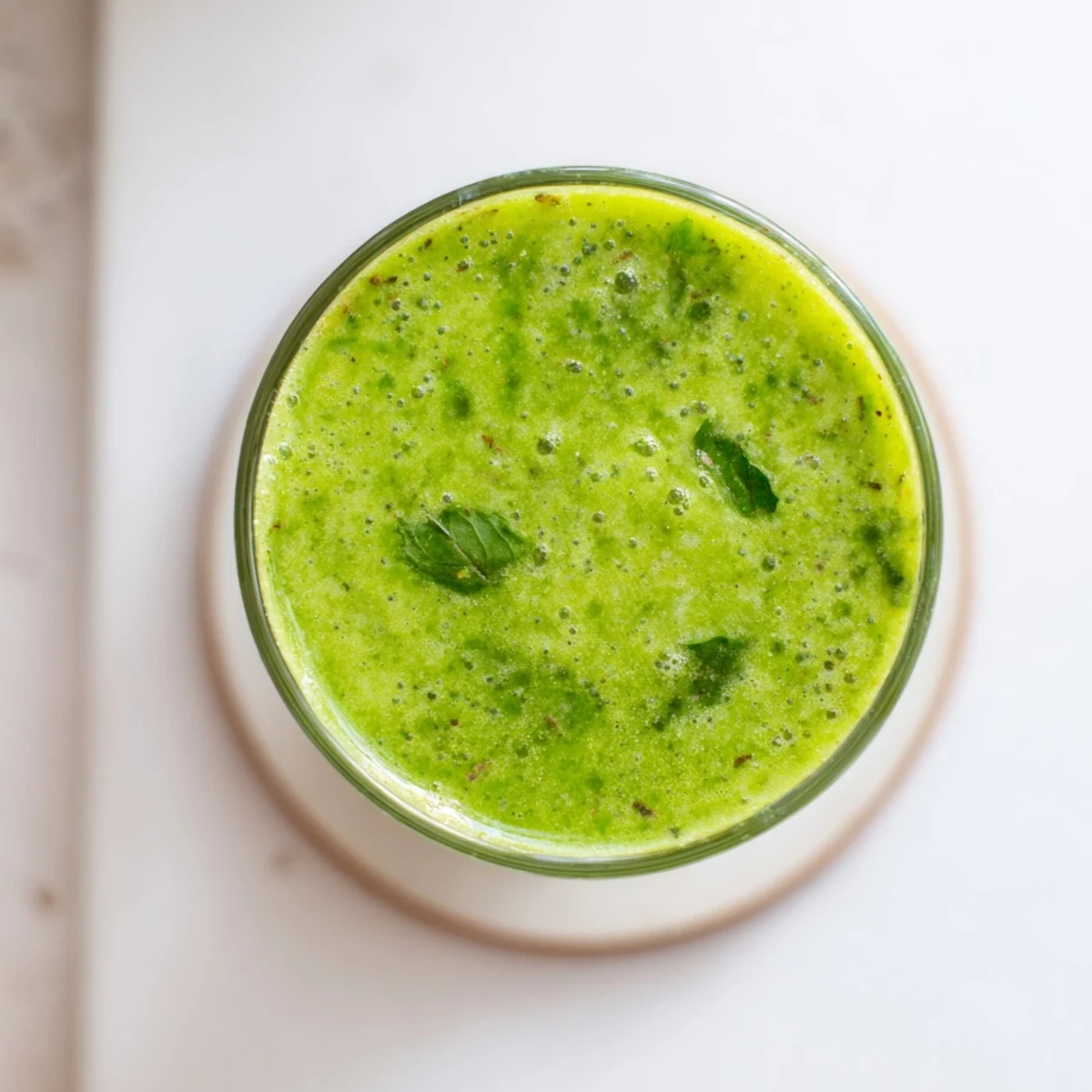 Save
Save A refreshing, lightly sparkling non-alcoholic drink made with homemade probiotic soda, fresh citrus, and herbs. Perfect for gut health and summer sipping.
I first tried making this mocktail on a hot afternoon& I was amazed at how satisfying the gentle fizz and fresh citrus made me feel. Experimenting with different herbs added a personal twist each time.
What's for Dinner Tonight? 🤔
Stop stressing. Get 10 fast recipes that actually work on busy nights.
Free. No spam. Just easy meals.
Ingredients
- Filtered water: 4 cups (1 liter), provides the base for fermentation
- Organic cane sugar: 1/4 cup (50 g), feeds the probiotics during fermentation
- Water kefir grains or ginger bug: 2 tbsp, initiates fermentation and adds probiotics
- Fresh lemon juice: 1/4 cup (60 ml), adds tangy flavor and boosts fermentation
- Fresh orange juice: 1/2 cup (120 ml), provides a sweet, citrusy note
- Fresh lime juice: 1/2 cup (120 ml), balances sweetness with sourness
- Fresh mint leaves: 8 leaves, adds a refreshing herbal aroma
- Orange slices: 4 thin, for garnish and color
- Ice cubes: As needed for serving, keeps the drink chilled
Tired of Takeout? 🥡
Get 10 meals you can make faster than delivery arrives. Seriously.
One email. No spam. Unsubscribe anytime.
Instructions

- Prepare probiotic soda base:
- In a clean glass jar, dissolve cane sugar in filtered water. Add water kefir grains or ginger bug and lemon juice. Stir gently using a non-metallic spoon.
- Ferment the base:
- Cover the jar with breathable cloth or coffee filter secured with a rubber band. Let ferment at room temperature (20&25°C / 68&77°F) for 24&48 hours until slightly fizzy and tangy.
- Strain out cultures:
- Strain out kefir grains or ginger bug. Discard or reuse as preferred.
- Mix mocktail:
- Combine the fermented soda base with orange juice, lime juice, and mint leaves in a pitcher. Stir gently.
- Serve:
- Fill glasses with ice cubes, pour the mocktail over, and garnish with orange slices and mint leaves. Serve immediately for best fizz.
 Save
Save This drink quickly became a favorite at our family brunches& The kids enjoy the fizzy texture, and adults love the refreshing citrus flavor.
Still Scrolling? You'll Love This 👇
Our best 20-minute dinners in one free pack — tried and tested by thousands.
Trusted by 10,000+ home cooks.
Required Tools
Use a large glass jar, non-metallic spoon, fine mesh strainer, pitcher, and glasses for best results.
Allergen Information
Contains none of the major allergens& If using store-bought cultures, check labels for cross-contamination.
Nutritional Information
Each serving contains approximately: Calories: 60, Total Fat: 0 g, Carbohydrates: 15 g, Protein: 0 g.
 Save
Save 
Enjoy this probiotic soda mocktail chilled and fresh for maximum fizz. Try experimenting with seasonal herbs or fruits for your own twist.
Recipe FAQ
- → How long does the probiotic soda take to ferment?
Fermentation takes approximately 24 to 48 hours at room temperature, depending on desired fizz and tanginess.
- → Can I substitute ginger bug for kefir grains?
Yes, you can use a ginger bug as the probiotic starter for a subtly spicy, probiotic-rich drink.
- → Is this beverage suitable for vegans and gluten-free diets?
Absolutely, as long as honey is omitted and ingredients are gluten-free, it's ideal for vegan and gluten-free diets.
- → Can I adjust the sweetness or citrus content?
The citrus and sweetness are fully adaptable. Add honey or agave for a sweeter drink, adjust juices to taste.
- → Why use non-metallic utensils for fermenting?
Non-metallic utensils prevent interference with live cultures, ensuring safe and effective fermentation.
- → How should this beverage be served?
Serve chilled over ice, garnished with fresh orange slices and mint for extra aroma and visual appeal.


